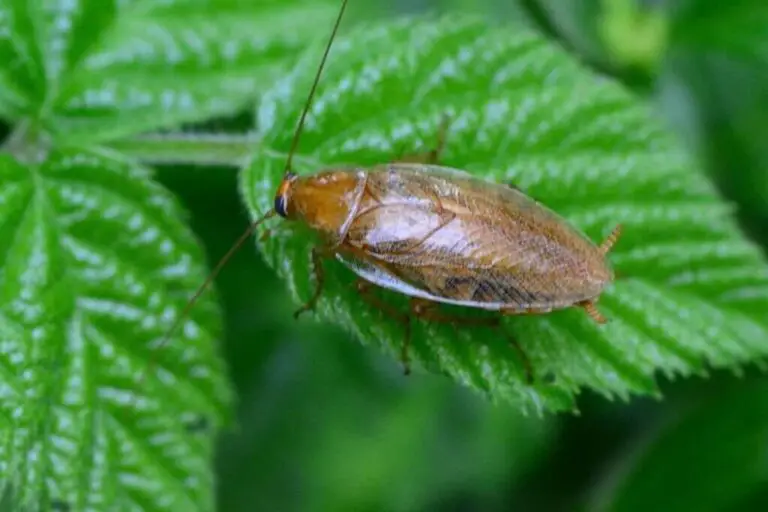20 Best Plants That Repel Snakes
As a homeowner with a lush garden, it’s only natural to encounter snake burrows in your landscape. However, snakes’ ability to blend into their surroundings makes it challenging to detect them. To effectively deter snakes from your home and garden, consider incorporating plants that naturally repel them due to their pungent aromas. In this article, we’ll explore some of the most effective plants for snake repellent.
What attracts snakes to your house?
The unexpected presence of snakes in one’s garden is a phenomenon that can leave many feeling perplexed. Yet, upon closer inspection, several factors contribute to this occurrence. Two primary drivers behind the attraction of snakes to your home include the abundance of prey such as rodents, small critters, snails, and slugs within your garden. This could be due to pet food left unattended or a constant supply of organic matter.
Additionally, if your garden or surrounding area is characterized by high levels of moisture, it’s likely that snakes will be drawn to this environment. As snakes are naturally inclined towards cool and damp habitats, the creation of a moist and sheltered space in your home can serve as a magnet for these serpents. Furthermore, poor yard maintenance and the presence of holes and crevices provide additional entry points for these unwanted visitors.
What smell do snakes hate the most?
Snakes are notorious for their aversion to strong, pungent odors that linger in the air. These reptiles have a unique sensitivity to smells, and certain fragrances can be particularly bothersome to them. In fact, some of the most detested scents by snakes include smoke, cinnamon, and other potent aromas that seem to seep into their nostrils or linger in the environment.
Additionally, onion and garlic, citrus-based scents like lime, clove oil, as well as unconventional options like gourd vine and sisal rope are also highly undesirable for these serpents.
20 plants that repel snakes
To effectively deter snakes from invading your garden, it’s essential to understand which plants can serve as a natural barrier. Among various options, here are 20 of the most effective snake-repellent plants you can integrate into your garden’s borders or as accent features.
Marigold
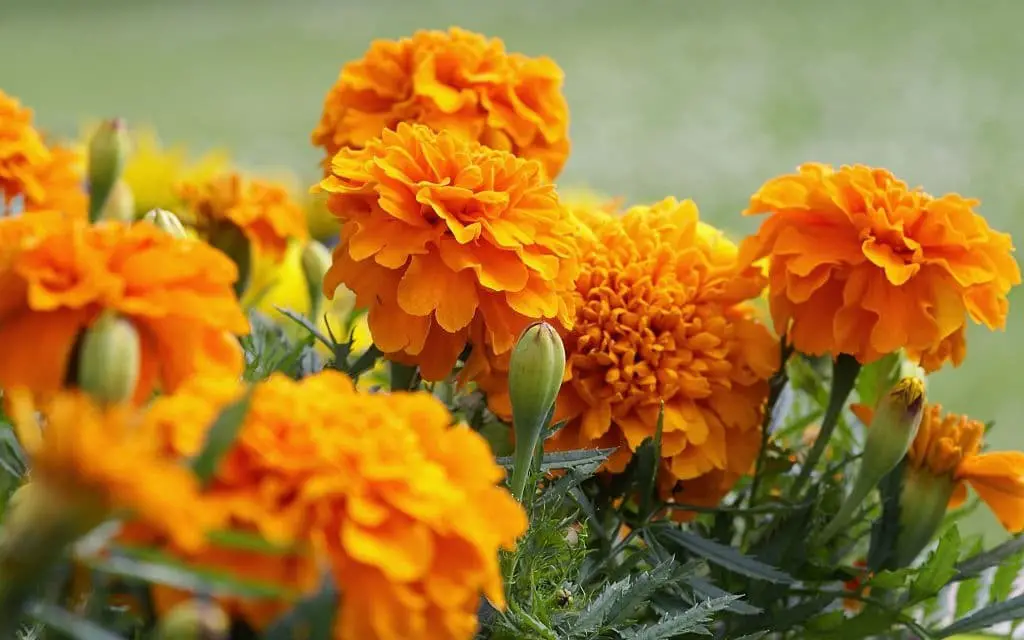
When it comes to keeping snakes at bay in the garden, one of the most effective options is the marigold plant. Its aggressive roots release a potent scent that repels not only snakes but also other unwanted critters like pests. While this natural deterrent may inadvertently attract rodents, which are also snake prey, the benefits far outweigh the drawbacks.
In fact, marigolds have been known to deter these rodent populations as well, making them an excellent choice for any gardener looking to create a snake-free zone.
Snake plant
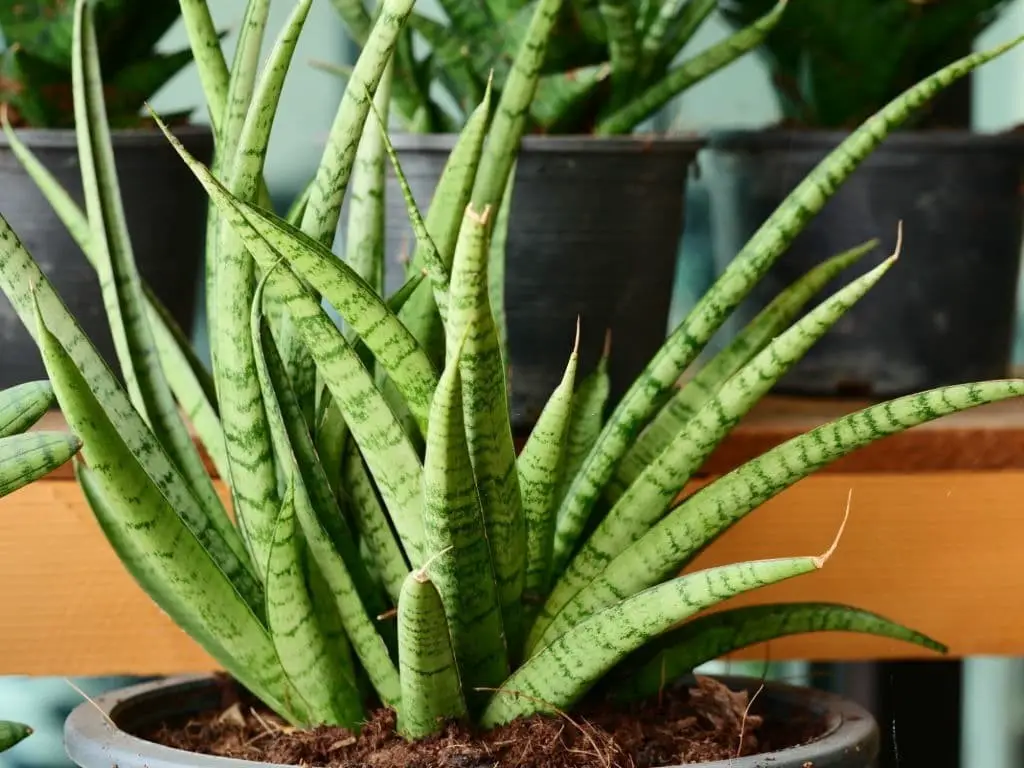
While it may seem counterintuitive, the plant that’s often credited with repelling snakes is actually the snake plant itself, rather than one that simply bears its name. The key factors behind this phenomenon are the snake plant’s sharp leaves and its ability to produce higher-than-usual levels of oxygen. Moreover, the very appearance of the plant seems to unsettle snakes, making it an effective deterrent.
If you’re concerned about a potential snake infestation in your garden, consider using snake plants as border plants – they’re remarkably easy to grow and require minimal maintenance.
West Indian lemongrass
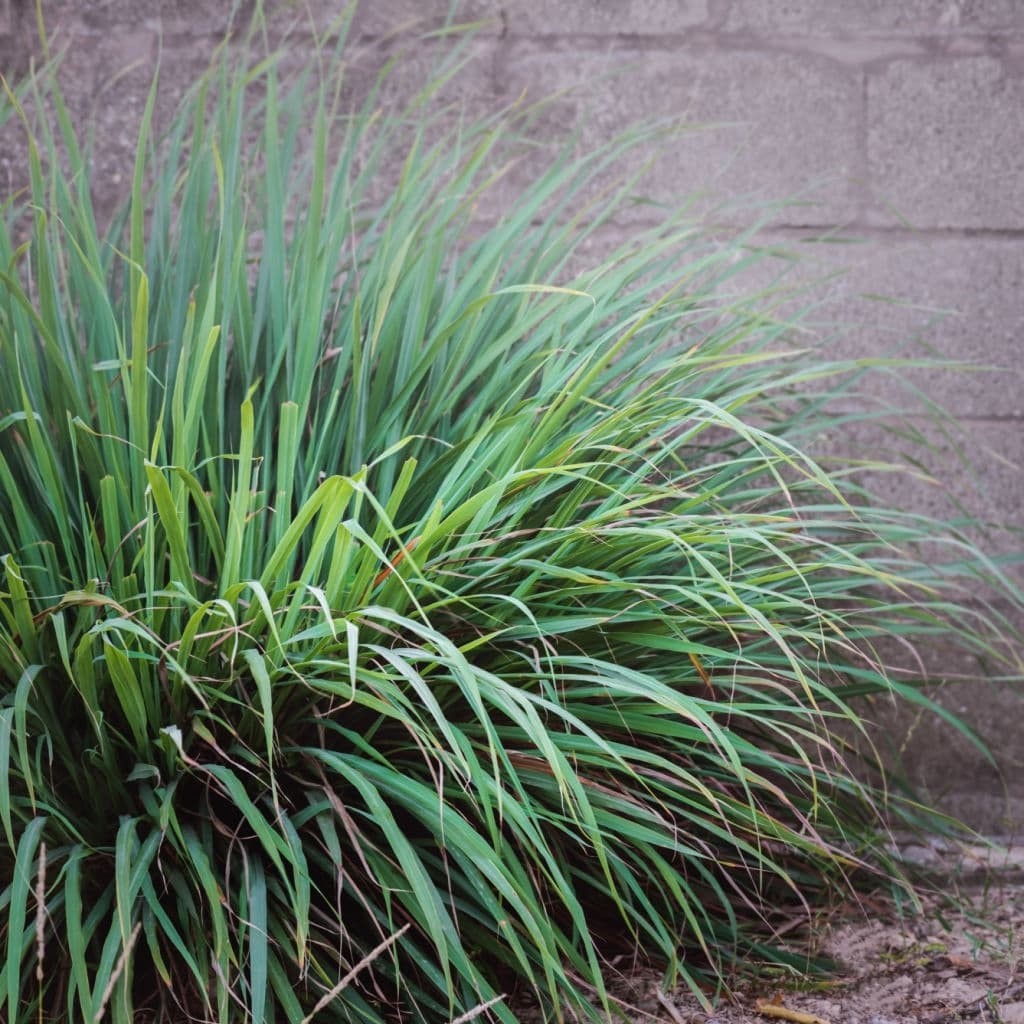
Lemongrass is a standout among citrusy scents when it comes to repelling snakes, mosquitoes, and ticks. Its potent aroma is particularly effective at keeping these unwanted visitors away. In fact, having this versatile plant in your garden can provide a one-two punch against pests, giving you peace of mind knowing that snakes, mosquitoes, and ticks won’t be an issue.
By incorporating lemongrass into your outdoor space, you’ll enjoy a sense of security and protection from the dangers these insects pose.
Yucca
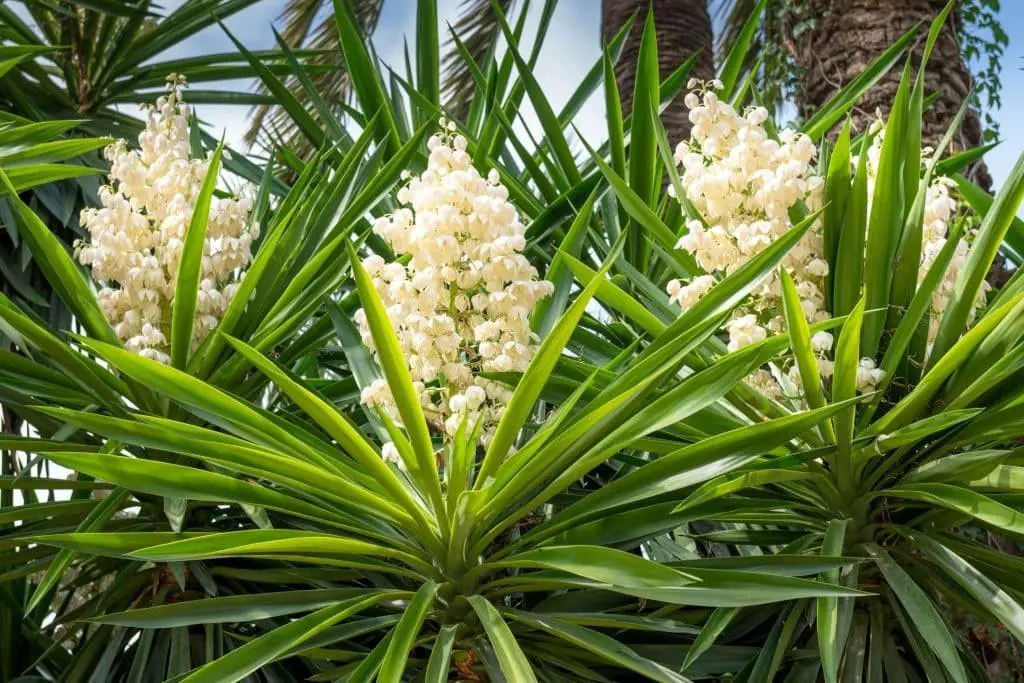
The yucca’s striking appearance is only part of its impressive arsenal against snakes. Its lancing, sharp leaves are a deterrent that can send snakes fleeing just by their presence. For homeowners looking to bring some snake-repelling charm into their gardens, planting yucca is an excellent choice. However, it’s crucial to provide each plant with sufficient space to grow, as overcrowding can reduce the effectiveness of this natural snake deterrent.
Mugwort
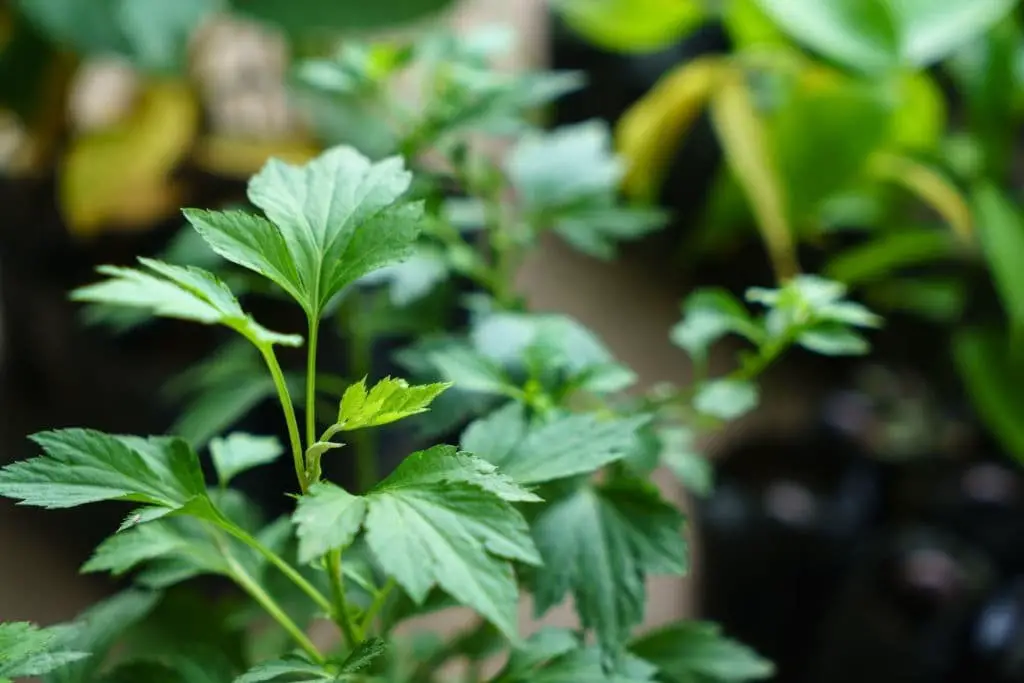
Mugwort’s reputation is a topic of debate among botanists and enthusiasts alike – some view it as a pesky weed, while others see its potential as a valuable herb. However, one aspect of this plant that cannot be denied is its remarkable ability to repel snakes. The strong, pungent aroma emitted by mugwort bears an uncanny resemblance to the scent of beer, which has been known to send slithery creatures scurrying for cover.
While its potency as a snake deterrent is undeniable, one drawback to cultivating mugwort is its rapid growth rate – this fast-growing plant requires regular weed control measures to keep it from spreading out of control.
Onion and garlic
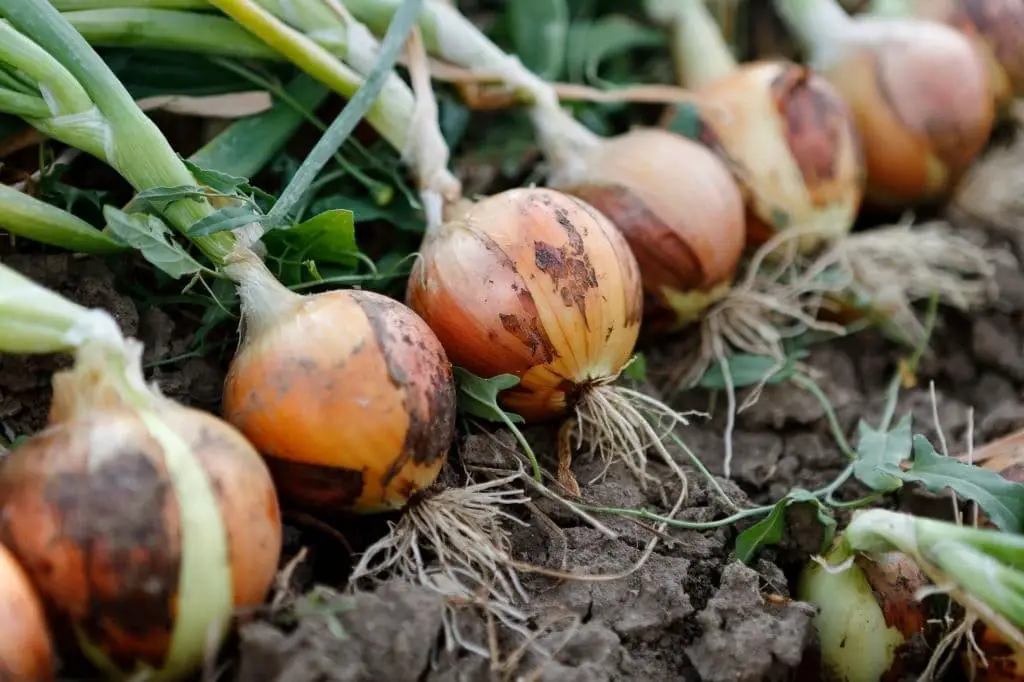
Sulfenic acid, a chemical compound present in both spices, is responsible for their distinctive scent reminiscent of prey. This pungent aroma has the remarkable ability to disrupt the olfactory and visual systems of snakes, drawing them to the source. To utilize this phenomenon, consider planting the spices in containers or brewing a garden spray – a potential solution to deter these slithery creatures.
Snakeroot
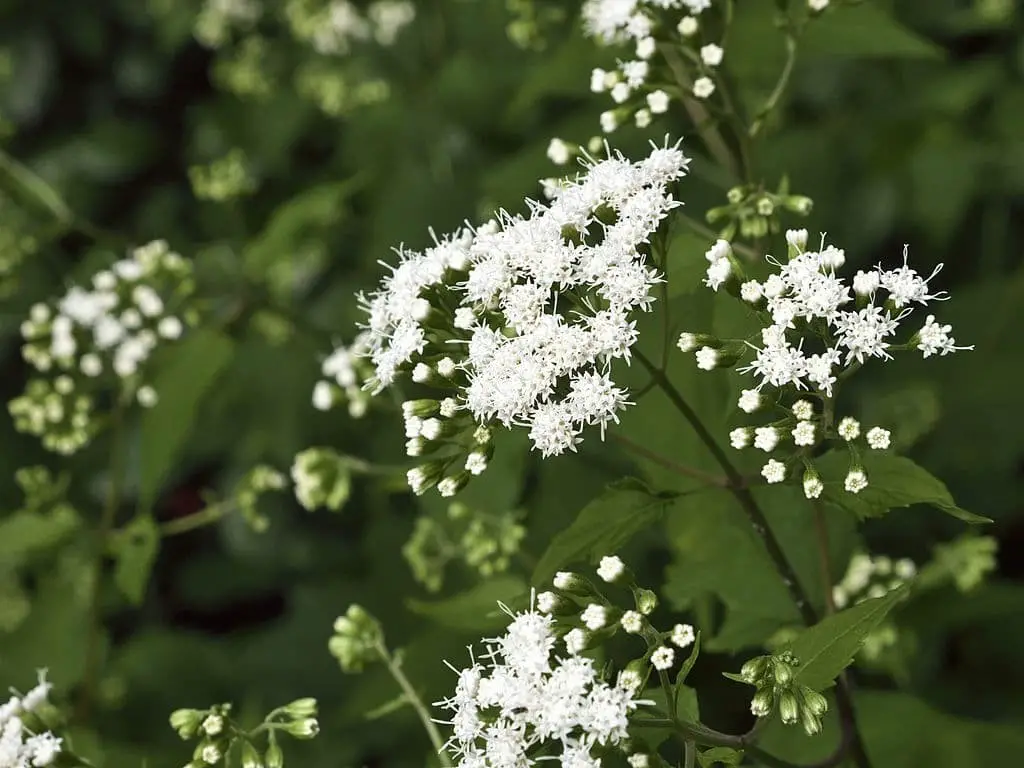
Serpentina, also known as devil’s pepper or serpentine, is an herb with a dual identity – it’s a natural remedy for controlling high sugar levels and a potent snake repellent. Its bitter leaves have a unique property that makes them unpalatable to snakes, slowing down their heart rate when ingested due to the presence of reserpine. Interestingly, this herb is also used in traditional medicine to treat snake bites, highlighting its multifaceted benefits.
Pink agapanthus
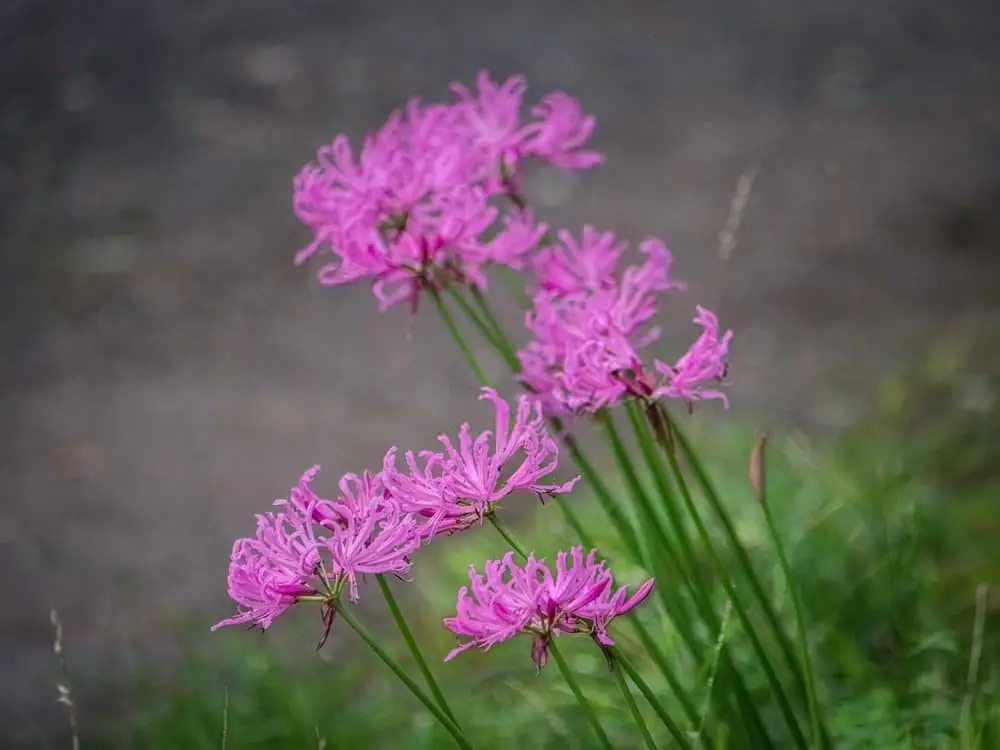
Society garlic’s unique name belies its fascinating characteristics. This low-growing plant boasts leaves reminiscent of scallions and tiny pink blooms. What’s more, its foliage is not only edible for humans but also holds medicinal value in the field. It has been used to treat sinus issues and headaches. The plant’s pungent aroma, reminiscent of garlic, serves as a natural deterrent against snakes.
Andrographis paniculata
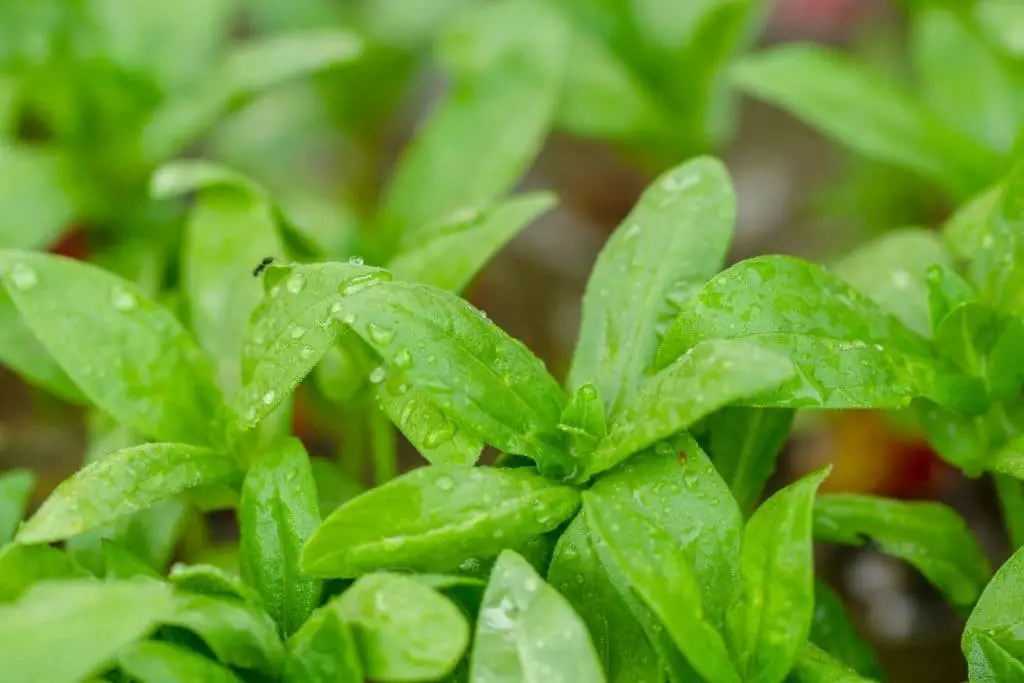
The King of Bitters, also known as Ageratum conyzoides, is a plant that has earned its notorious reputation among snakes due to its bitter leaves. Native to Asian countries such as India, Pakistan, and Sri Lanka, this herb may be unpopular with reptiles but holds great significance for humans. Its medicinal properties have been leveraged in the treatment of sinus infections and common colds, making it a valuable asset in traditional medicine.
While it may not have the same appeal as some other plants, its unique characteristics make it an intriguing specimen in the world of botany.
Clove basil
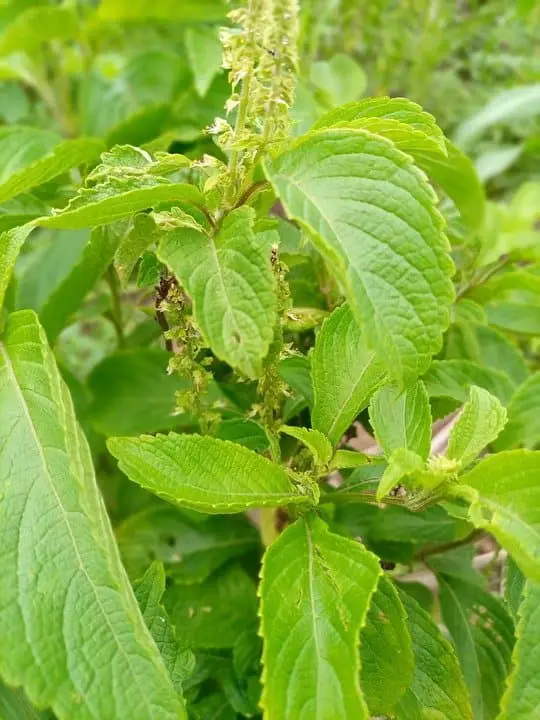
Clove basil is renowned for its potent aroma that not only delights the senses but also confounds serpents. When used either fresh as a plant or distilled into an essential oil, this herb has been known to repel snakes with its overwhelming scent, much like garlic and onions. The same property makes it an effective natural deterrent against these slithery creatures.
To harness its powers, you can create an essential oil blend by mixing the extract with water, then use it as a spray in your garden.
Kaffir lime
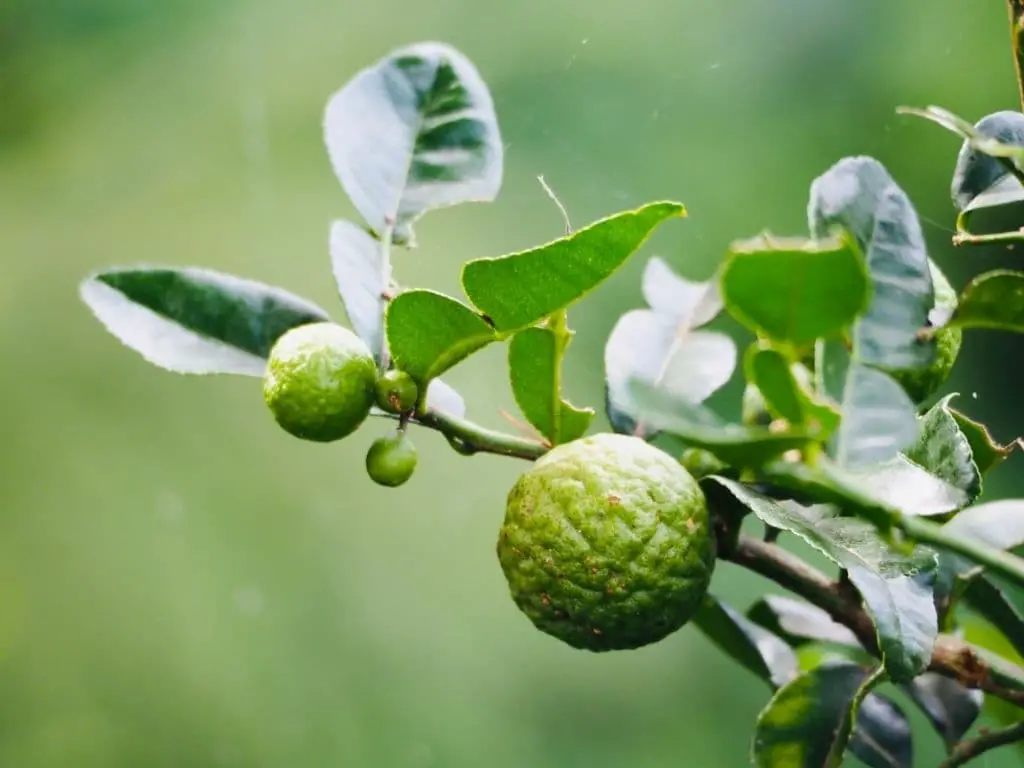
Makrut lime, also known as kaffir lime, plays a significant role in various Asian cuisines due to its distinct citrus aroma. Interestingly, this fragrance is detestable to snakes. If you’re interested in cultivating makrut limes for their use in salads and cocktails, ensure they receive full sun exposure and are planted in well-draining soil. Consistent watering is also essential for the optimal growth of these plants.
Jimson’s weed
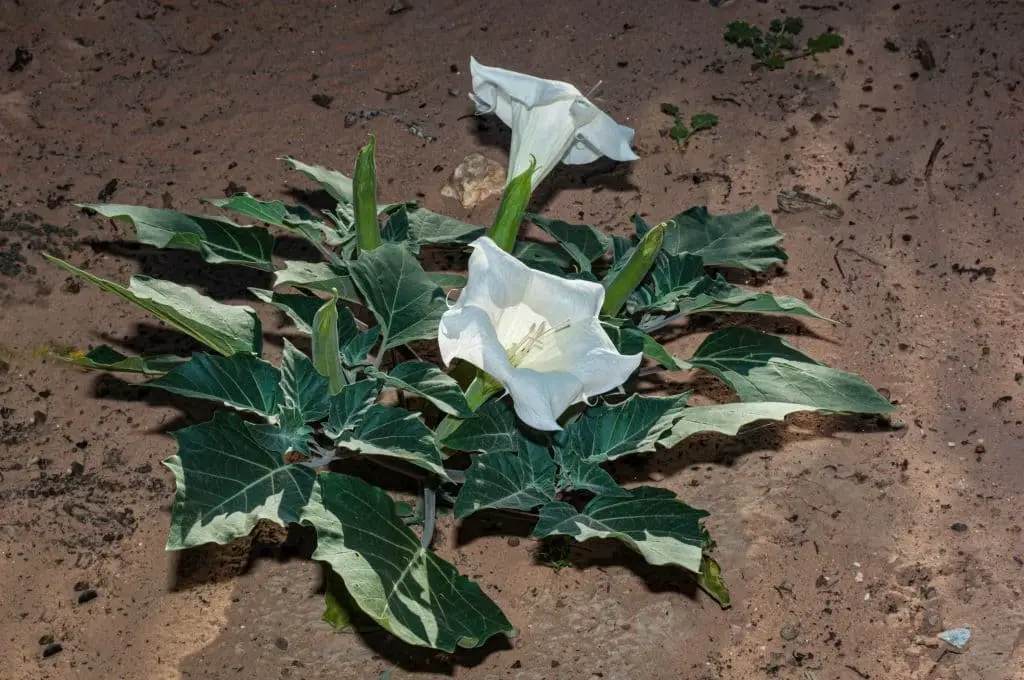
The Devil’s Snare, also known as Thorn Apple, is a plant with a unique characteristic – its chemical compound tropane alkaloid proves deadly to snakes. When ingested or exposed to the plant’s pungent aroma, the substance induces hallucinations in snakes, causing them to become disoriented and crawl around it. While this peculiar defense mechanism earns the plant its sinister nickname, Thorn Apple also poses an invasive threat when introduced to new environments.
As such, controlling its spread becomes essential.
Wormwood
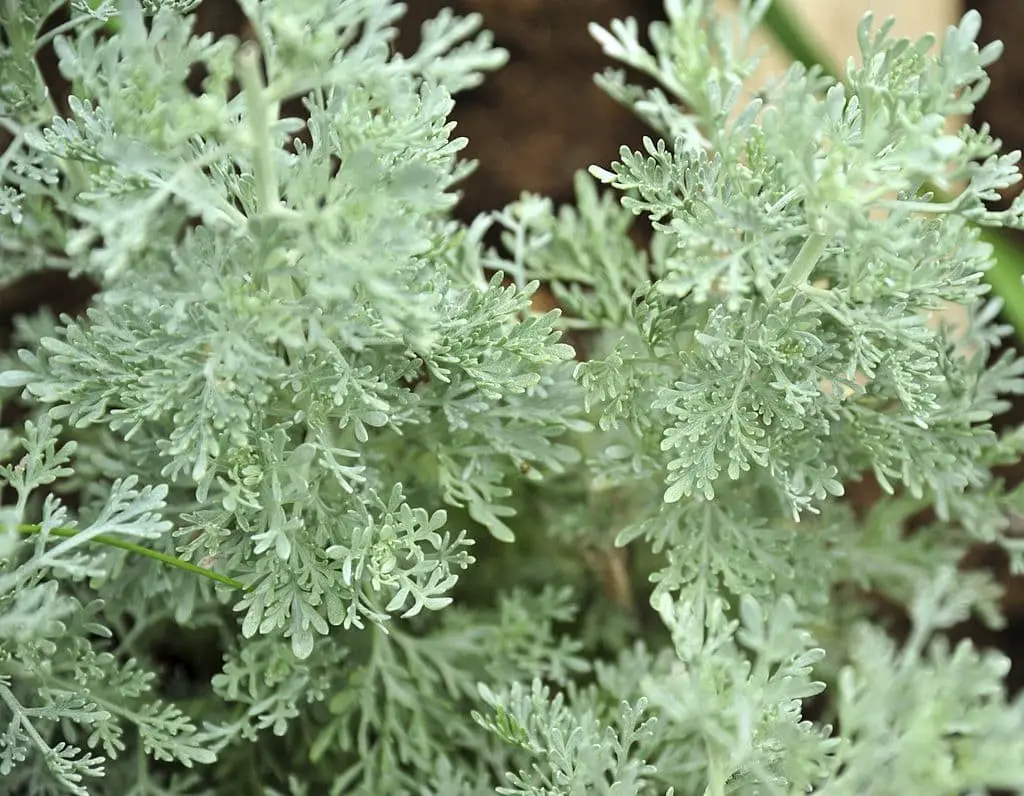
The distinctive musky aroma of this herb is the primary reason why snakes detest its presence. To utilize it as a snake deterrent, you can dry the leaves, boil the plant, and combine it with garlic and salt in water, then spray the solution around your garden. Apart from its repellent properties, wormwood also makes a stunning accent plant that thrives in sunny spots with well-draining soil.
Yellow alder
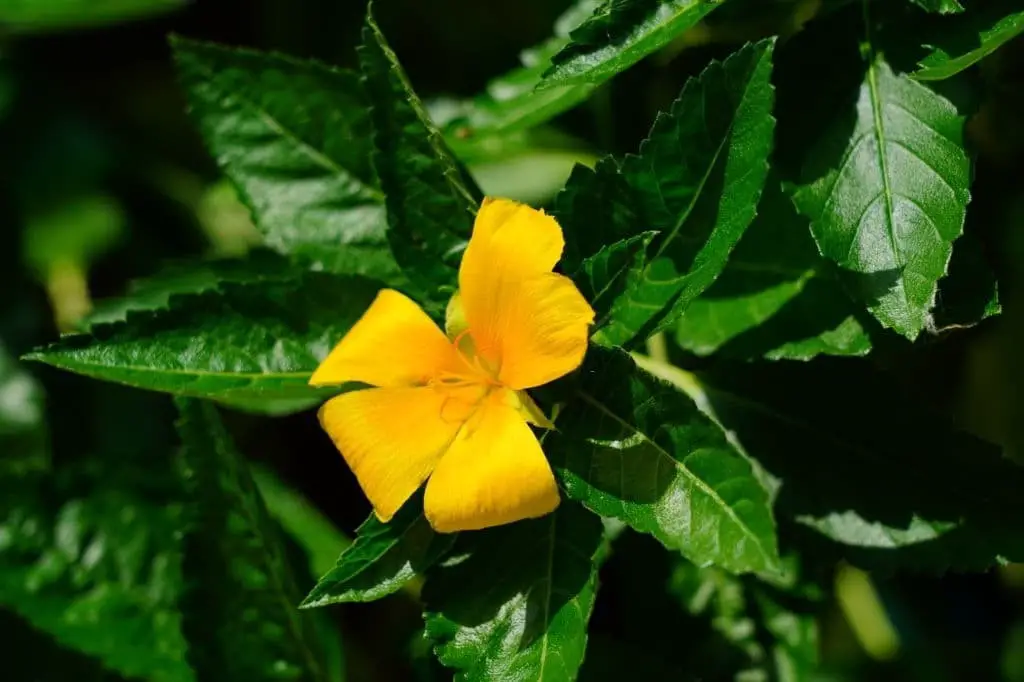
The Devil’s Backbone, with its peculiar form and serrated leaves, strikes fear into the hearts of many a snake. Despite its menacing appearance, this flowering plant boasts vibrant yellow blooms that can add a pop of color to any border. However, when it comes to keeping snakes at bay, careful placement is key – strategically positioning it around your garden’s perimeter can be an effective means of repelling these slithery creatures.
Cactus
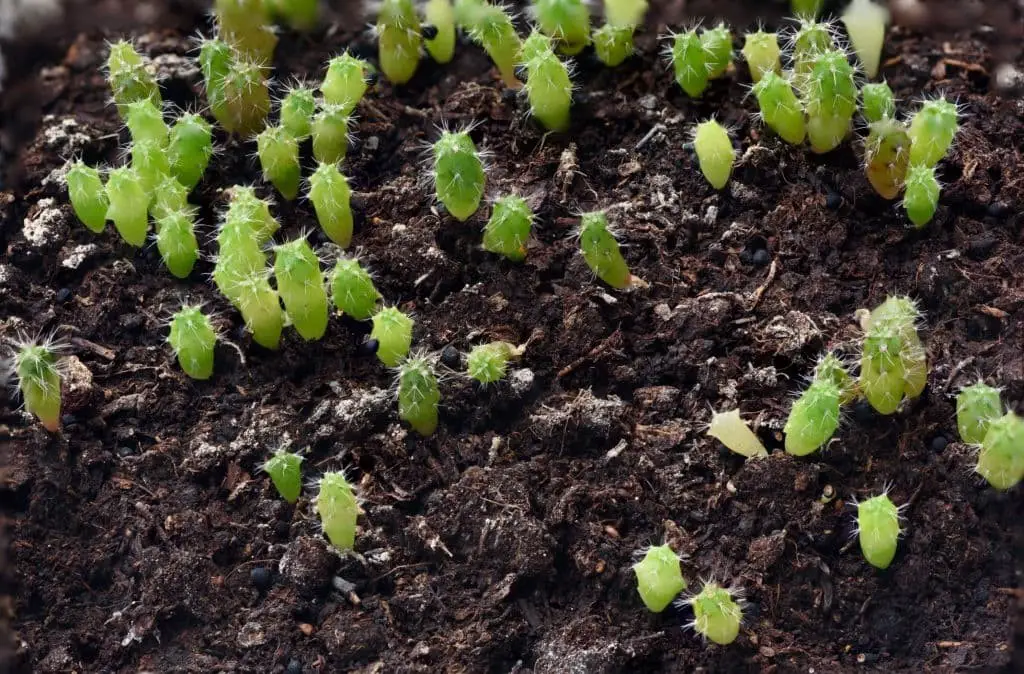
When it comes to creating a snake-free landscape, spiky plants like cactus are an excellent choice. Not only do they help deter snakes from entering your garden, but they’re also incredibly easy to care for and require minimal maintenance. With cacti, you can create a beautiful and functional environment that not only keeps snakes at bay but also adds visual interest to your outdoor space.
Black turmeric
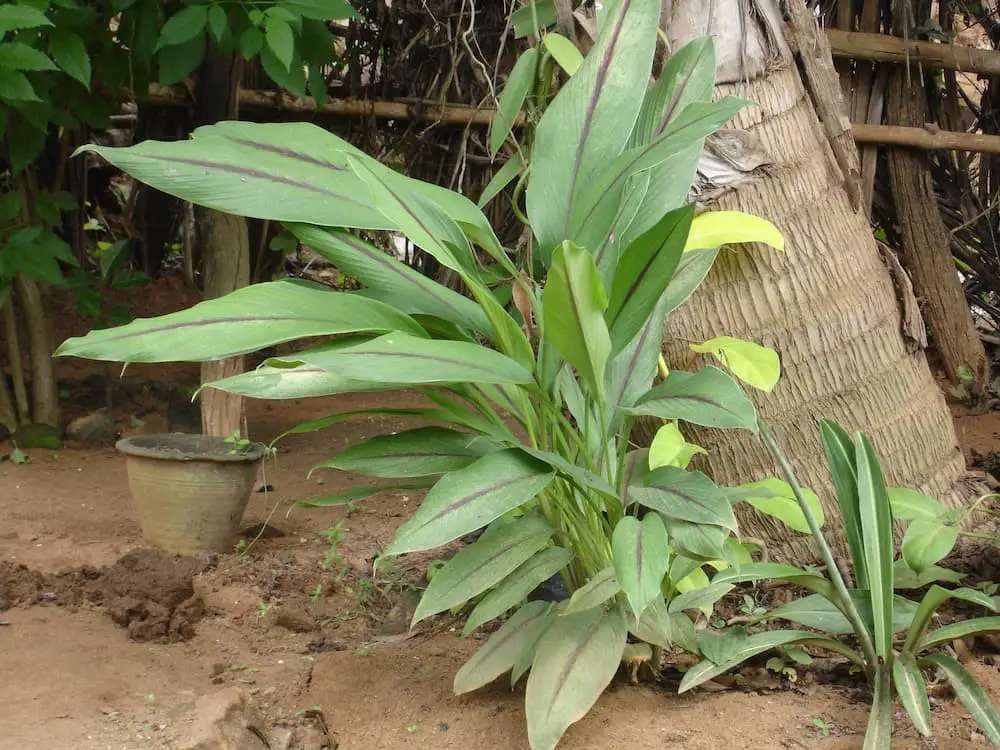
A frequently overlooked yet impressive herb, this perennials’ unique attributes make it an effective natural snake repellent. Native to India, the herb’s pungent aroma serves as a powerful deterrent against snakes. Beyond its practical applications, it also boasts striking visual appeal, featuring deep purple flowers and glossy leaves that add depth and interest to any landscape.
Rue
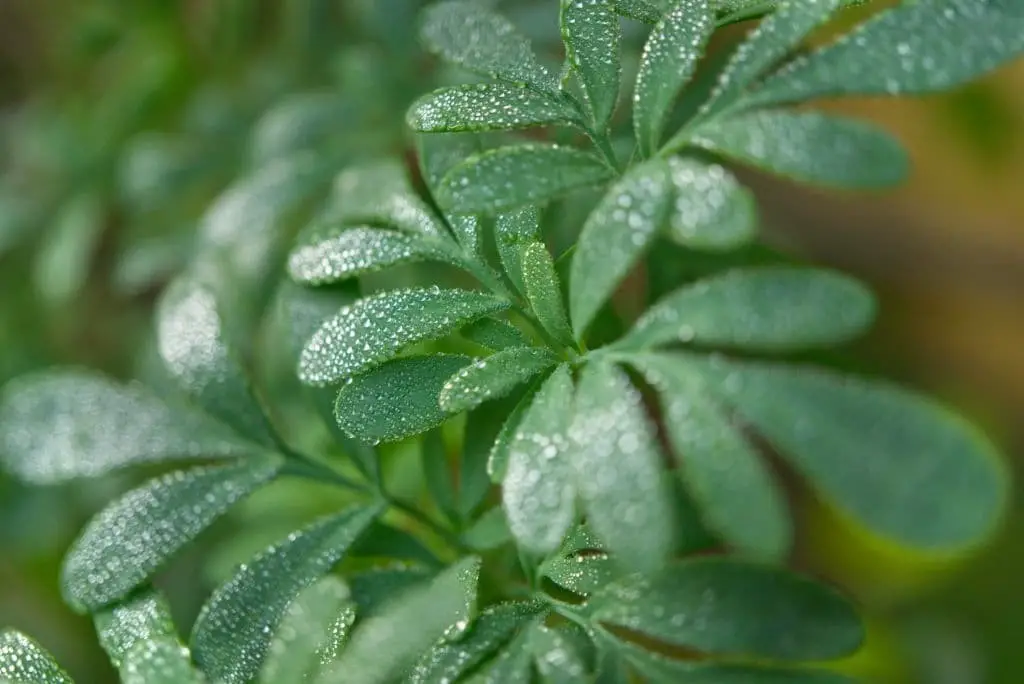
Rue, a plant native to the Balkan region, is notorious for its unpleasant taste, which makes snakes its sworn enemies due to its bitter leaves. This versatile herb boasts another advantage – its fleshy stems are employed as a culinary ingredient in certain traditional cuisines. Despite its weedy appearance, rue has proven itself a valuable groundcover option for those seeking a low-maintenance yet effective solution.
Indian birthwort (aristolochia Indica)
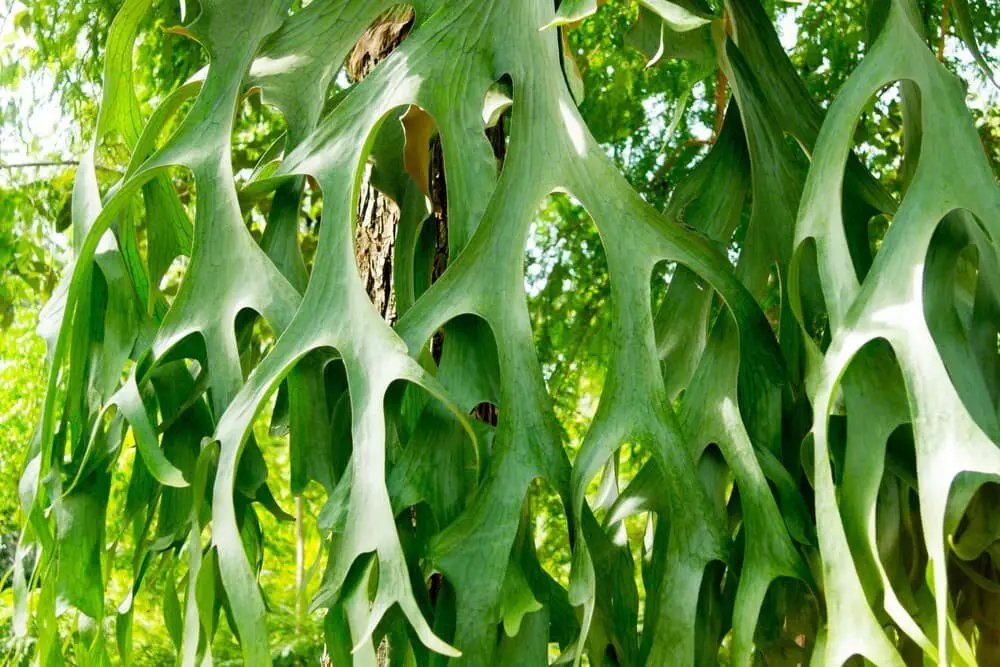
One of the most effective ways to deter snakes from your property is by utilizing a peculiar yet potent plant species that has gained popularity for its ability to repel these slithery creatures. The striking feature of this plant’s leaves is their uncanny resemblance to snake scales, which makes it all the more intriguing. Hailing from India and Sri Lanka, this plant has been an integral part of local farming practices for centuries.
In fact, farmers often adorn themselves with the plant’s leaves and fruits around their waists while tending to their crops. The bitter taste and pungent aroma of the plant are said to be particularly unappealing to snakes, making it a trusted natural deterrent in many rural areas.
Wild guava
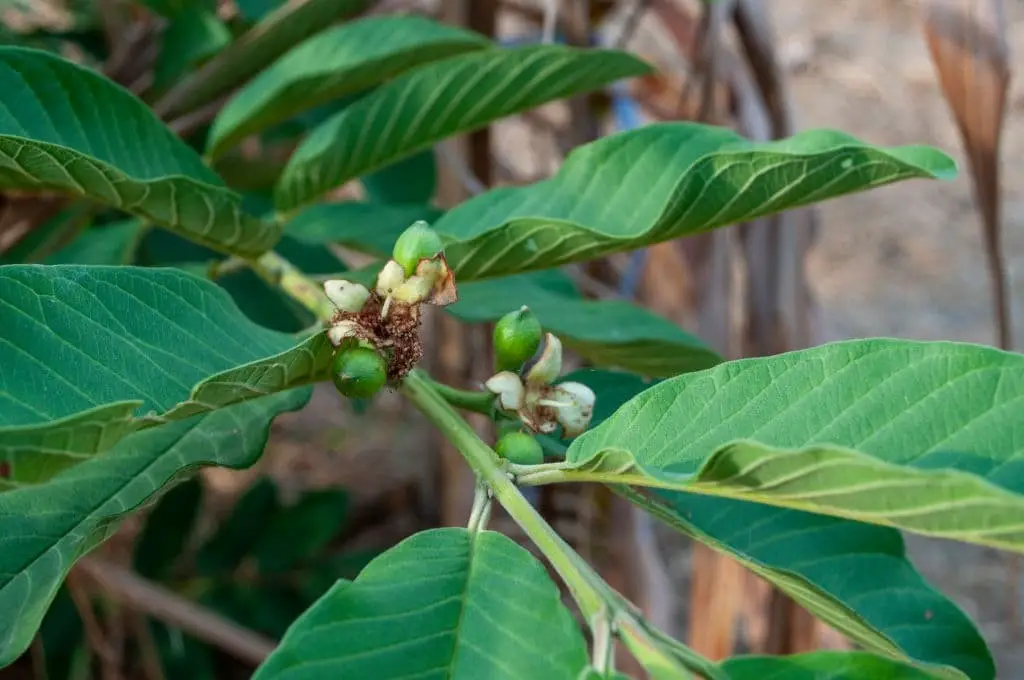
One of the unique benefits of the wild guava shrub is its adaptability. With proper training, it can be pruned and shaped to thrive as a bonsai, making it an attractive addition to any landscape. Moreover, the berry of this shrub holds another fascinating feature – its natural aroma repels snakes, effectively keeping them at bay. Interestingly, the wild guava is also known by two other names: Ceylon oak tree and Slow Match tree, highlighting its versatility and distinctive characteristics.
Senna plant
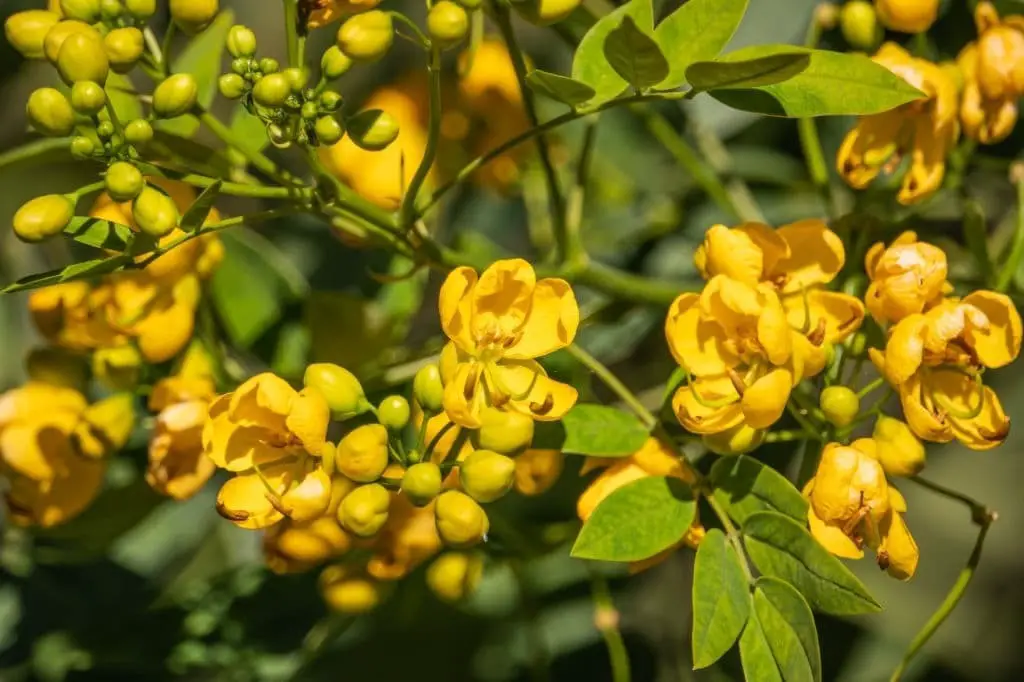
In the tropics, you’ll find this landscape plant boasting fiery yellow flowers and lancing, glossy dark green leaves that shine like emeralds. During its blooming season, the fragrance emitted is a potent mix of citrus and musk, deterring snakes with an unmistakable pungency. This natural snake repellent deserves a spot in your yard, warding off unwanted slithery visitors.
While this plant offers a deterrent effect, it’s equally important to take a holistic approach to making your home snake-proof. Achieve this by controlling moisture within and outside the home, eliminating rodents and other potential prey species, and performing regular yard maintenance to seal any holes or crevices that might serve as snake entry points. Staying vigilant when tending to your garden is also crucial in preventing unwanted snake encounters.
Conclusion
Snakes can be attracted to your home due to various reasons. One primary cause is the availability of food sources, often unknowingly provided by homeowners. Additionally, snakes may find your outdoor spaces appealing due to the comfort they offer. Fortunately, there are natural plants that can help deter them from infesting your garden and posing a risk to you, your family, pets, and small children.
While not exhaustive, this list highlights some of the best low-maintenance and easy-to-grow options for repelling snakes in your garden.





